Politics
Pentagon chief tells US military leaders to fix ‘decades of decay’
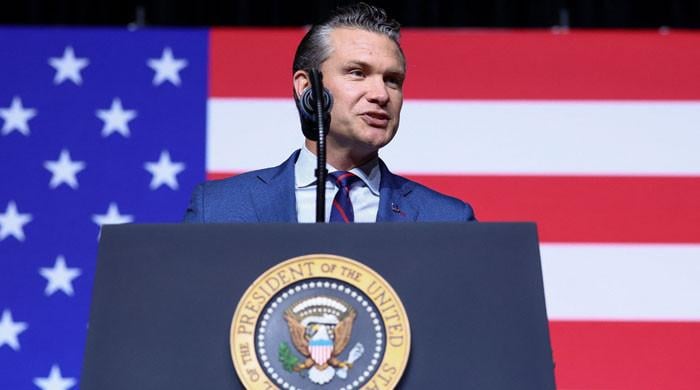
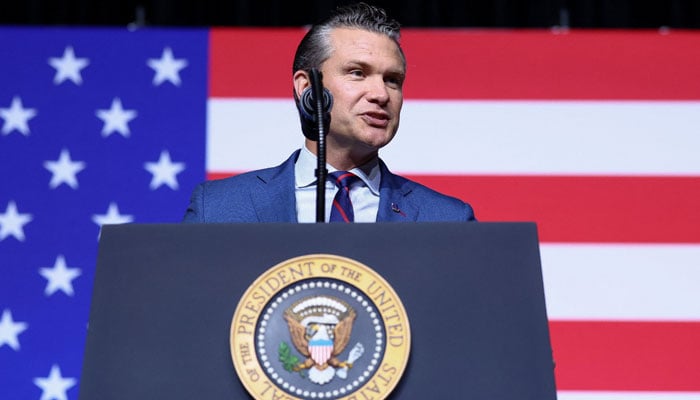
Defence Secretary Pete Hegseth said Tuesday the US military must fix “decades of decay” as he addressed a rare gathering of hundreds of senior officers summoned from around the world to hear him speak near Washington.
The wide-ranging 45-minute speech comes as the military has faced controversy both at home and abroad, with President Donald Trump deploying troops in two Democratic-run US cities and ordering lethal strikes on small, alleged drug boats in the Caribbean.
Trump, who has overseen a rare purge of senior officers after taking office, has also ordered strikes on Iranian nuclear sites and Tehran-backed Yemeni rebels.
“This speech is about fixing decades of decay, some of it obvious, some of it hidden,” Hegseth said, as he strode a stage in front of a massive American flag.
“Foolish and reckless political leaders set the wrong compass heading, and we lost our way. We became the ‘Woke Department’. But not anymore,” he said.
Hegseth declared an end to “ideological garbage,” citing concerns over climate change, bullying, “toxic” leaders and promotions based on race or gender as examples.
He also took aim at the Pentagon’s inspector general— which is investigating his conduct— saying the office “has been weaponised, putting complainers, ideologues and poor performers in the driver’s seat.”
Trump was due to address the gathering of top officers later in the morning.
Shakeups at Pentagon
Amid speculation over reasons for gathering all the top brass in one place, Vice President JD Vance insisted it was “actually not unusual at all,” and told reporters “it’s odd that you guys have made it into such a big story.”
The Pentagon only said last week that Hegseth “will be addressing his senior military leaders,” and the lack of clarity over what would occur fed speculation that a major announcement.
In May, Hegseth ordered major cuts to the number of general and flag officers in the US military, including at least a 20 percent reduction in the number of active-duty four-star generals and admirals.
That came after the Pentagon announced in February that it aimed to reduce the number of its civilian employees by at least five percent.
Since beginning his second term in January, Trump has also purged top officers, including chairman of the Joint Chiefs of Staff general Charles “CQ” Brown, whom he fired without explanation in February.
Other senior officers dismissed this year include the heads of the Navy and Coast Guard, the leaders of the National Security Agency and the Defense Intelligence Agency, the vice chief of staff of the Air Force, a Navy admiral assigned to Nato, and three top military lawyers.
Hegseth defended the firings on Tuesday, saying: “It’s nearly impossible to change a culture with the same people who helped create—or even benefited from—that culture.”
US forces carried out a nearly two-month-long campaign of strikes targeting Yemen’s Iran-backed Houthi rebels earlier this year and also hit three nuclear sites that were a key part of Tehran’s nuclear programme.
And US troops have also been deployed in Los Angeles and Washington— allegedly to combat civil unrest and crime—while similar moves are planned for Portland, Memphis and potentially other cities.
Politics
Iran to continue acting in self-defense until enemy’s aggression ends: UN envoy
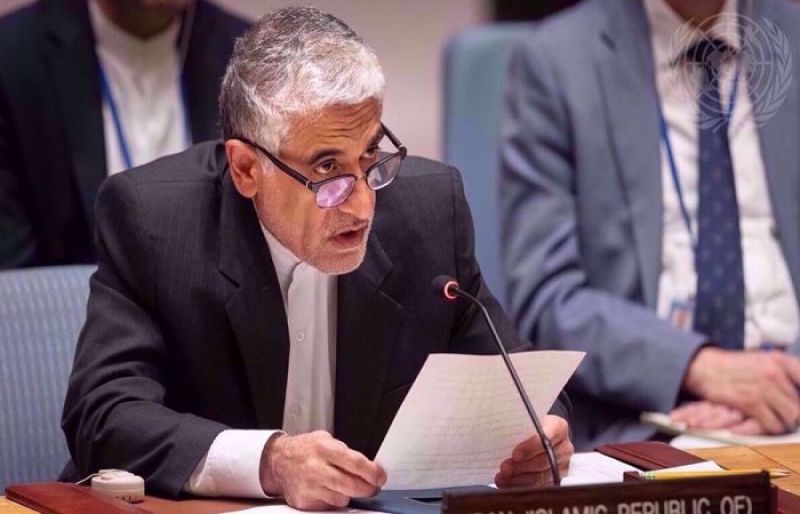

Iran’s permanent ambassador to the United Nations has vehemently denounced the fresh and unprovoked Israeli-American war on the Islamic Republic, asserting that the country will continue to act in self-defense until the end of the unlawful aggression.
Amir-Saeid Iravani made the remarks at a UN Security Council meeting on Sunday regarding the joint strikes that were launched against the country earlier on Saturday.
The nation, he stated, was facing armed aggression and a war against international law, which could not be justified by any excuse.
Referring to Iran’s decisive and ongoing retaliatory strikes, under the codename Operation True Promise 4, the envoy said it serves as a legitimate act of self-defense.
The Islamic Republic would continue to exercise its legitimate right to self-defense until the aggression ends, Iravani told the world body.
The Islamic Revolution Guards Corps (IRGC) has so far launched at least five waves of counterstrikes against numerous Israeli and American targets in response to the aggression.
IRGC has pledged to sustain the counterstrikes until the enemies’ “complete defeat,” while noting that the reprisal exceeds by far the proportions of its previous round of retaliations against Tel Aviv’s and Washington’s imposed war on the nation last June.
Addressing the same meeting, Russia’s UN envoy said Iran had been once again “stabbed in the back,” referring to the country’s coming under fresh aggression, while engaging in indirect talks with the United States aimed at resolving standing issues.
Vasily Nebenzya condemned an attack on a school in Iran that took place as part of the renewed aggression, claiming the lives of more than 100 people, calling it a sign of “unjustified aggression” by the Israeli regime and the United States against a UN member state.
He described the atrocities as “unjustifiable” and a “betrayal of diplomacy.”
Politics
Blast at India explosives factory kills 17
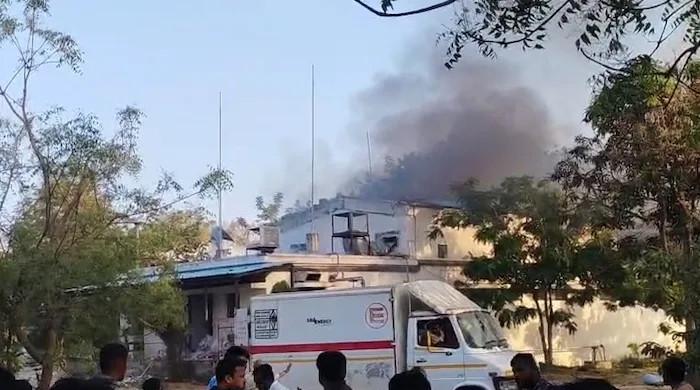
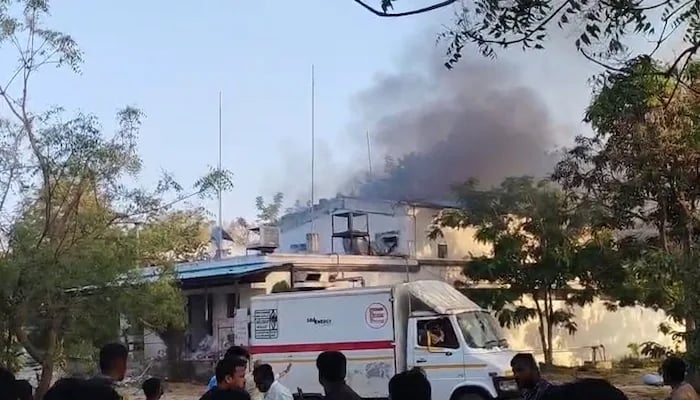
- PM Modi describes accident as “deeply distressing”.
- Maharashtra CM terms it “extremely unfortunate.”
- Industrial accidents are common in India.
A blast at an explosives factory killed at least 17 people and injured 18 others on Sunday, officials in the western Indian state of Maharashtra said.
Prime Minister Narendra Modi said the accident was “deeply distressing” and wished a speedy recovery to the survivors.
Maharashtra state chief minister Devendra Fadnavis called the incident “extremely unfortunate and tragic” in a post on X.
The accident happened in Nagpur, about 800 kilometres (500 miles) from state capital Mumbai.
“Rescue operations have been accelerated, and so far, 17 people have lost their lives,” Fadnavis said, adding 18 others were injured.
An investigation has been ordered into the incident.
On Saturday, 21 people were killed in an explosion at a firecracker factory in the southeastern Indian state of Andhra Pradesh.
Industrial accidents are common in India, often due to disregard for safety requirements and lax enforcement.
Last year, a firework factory explosion in western India killed 21 people.
Politics
Protests erupt in Iran after Khamenei martyred in US-Israel attack
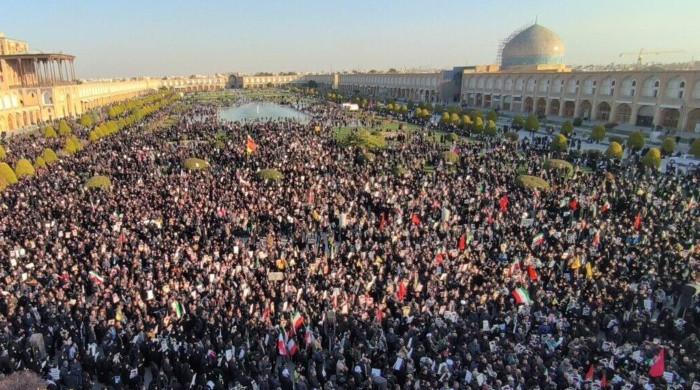
Protests erupted in Iran on Sunday after Iranian state media announced that Supreme Leader Ayatollah Ali Khamenei had been martyred, aged 86, in air strikes by Israel and the United States that Iranian media said pulverised his central Tehran compound.
Khamenei’s 36-year rule built Iran into a powerful anti-US force and extended its military sway across the Middle East, as decades of efforts to resolve the dispute over Iran’s nuclear programme through diplomacy ultimately failed.
Iranian state media confirmed Khamenei had been martyred in Israeli and US strikes. The Fars agency reported that the Iranian government declared 40 days of public mourning and announced seven days of public holidays.
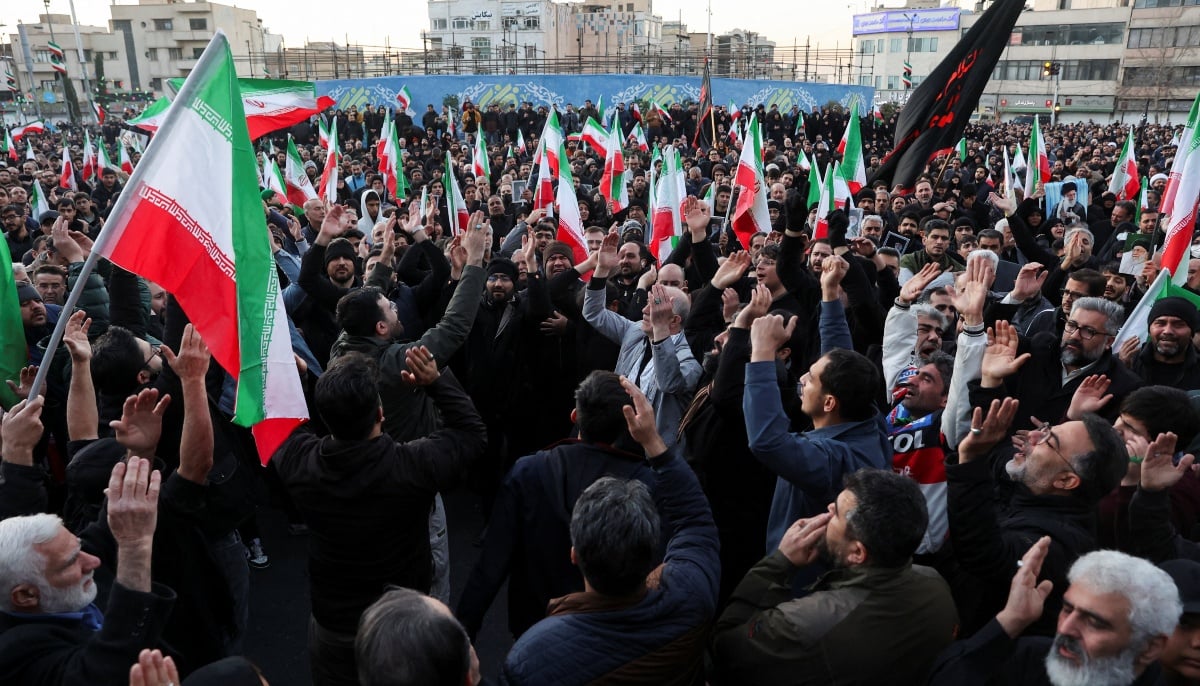
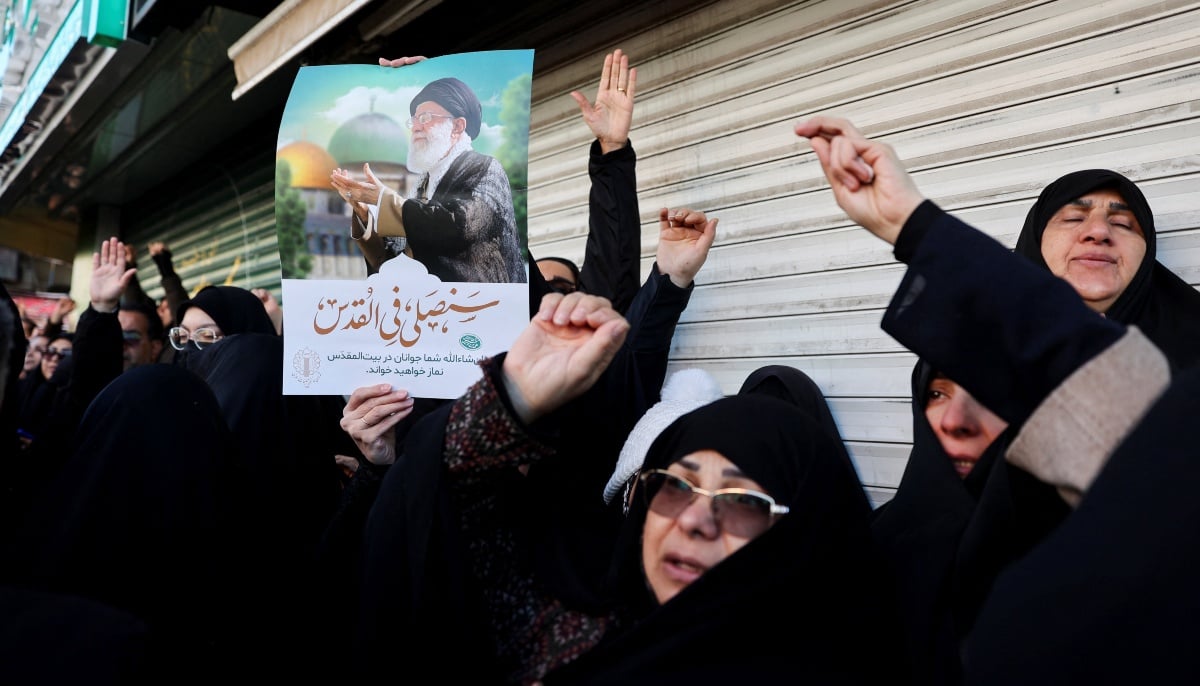

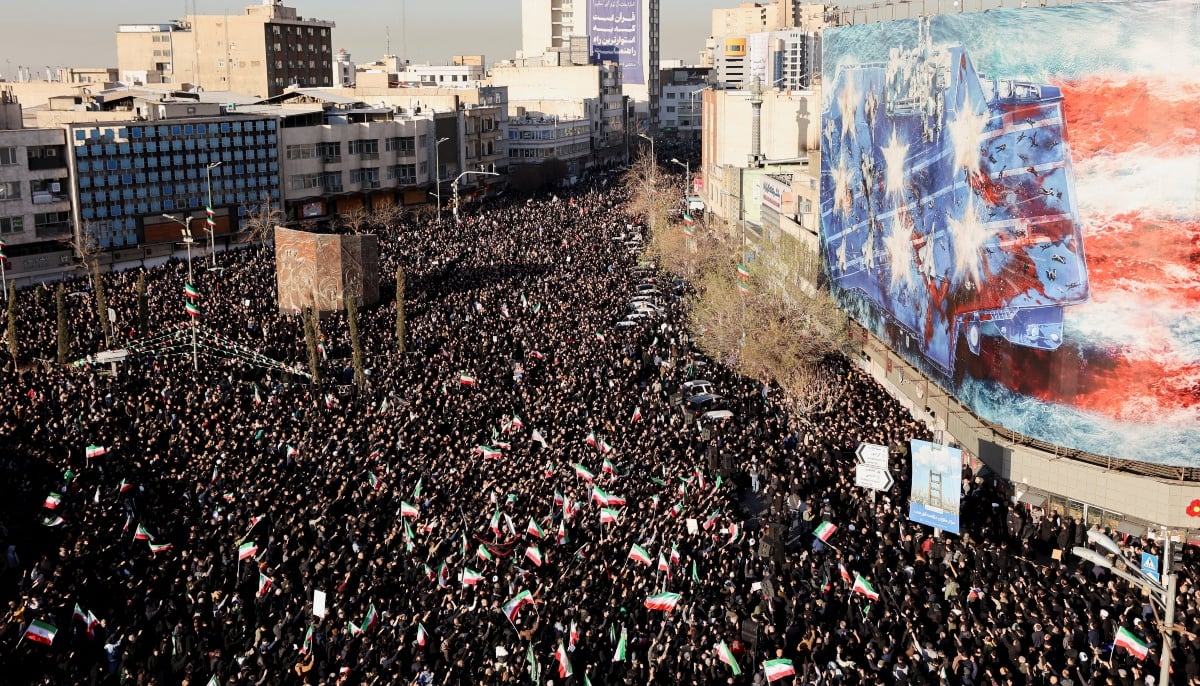
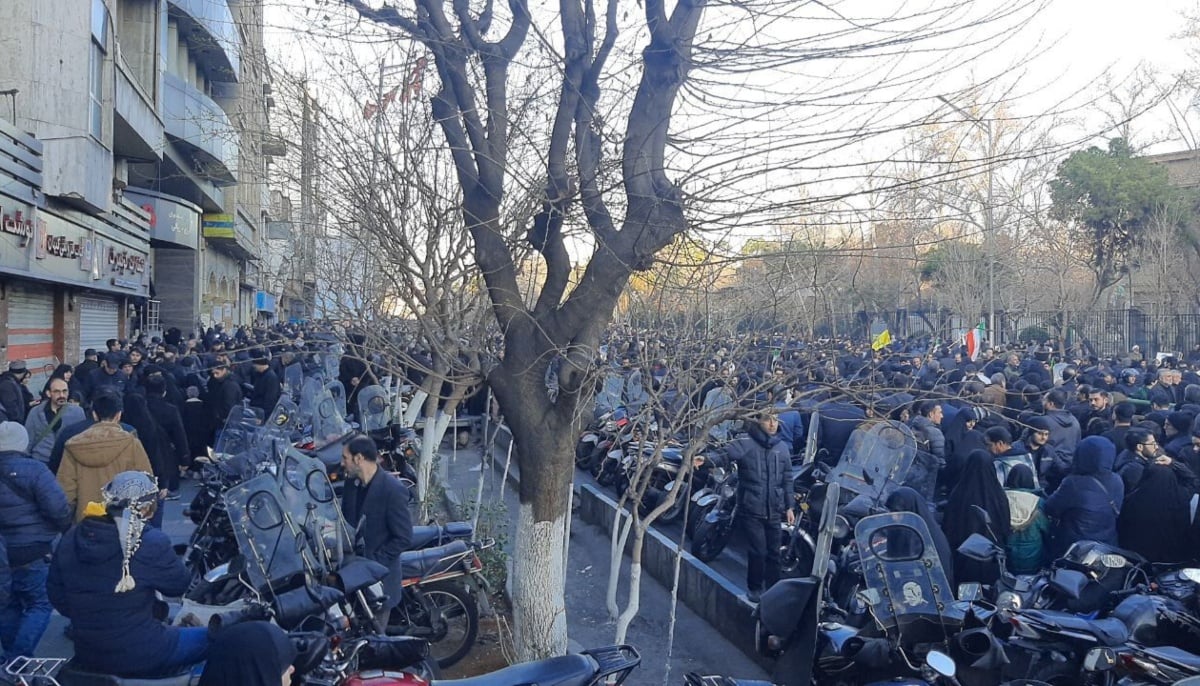
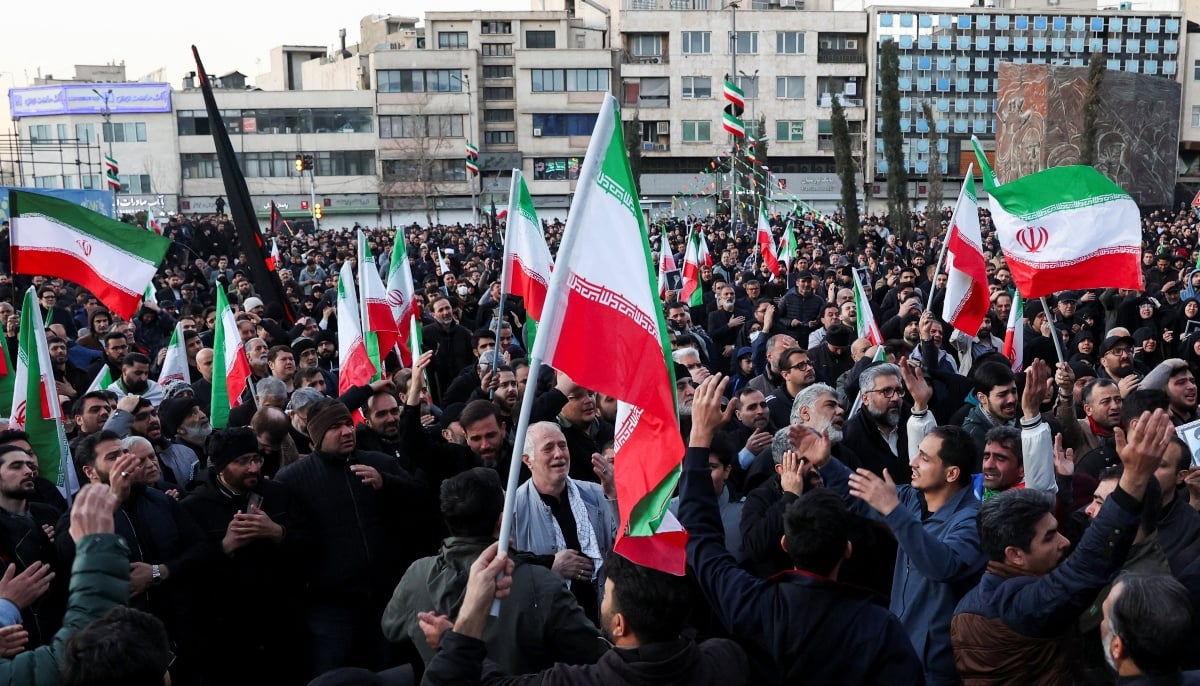
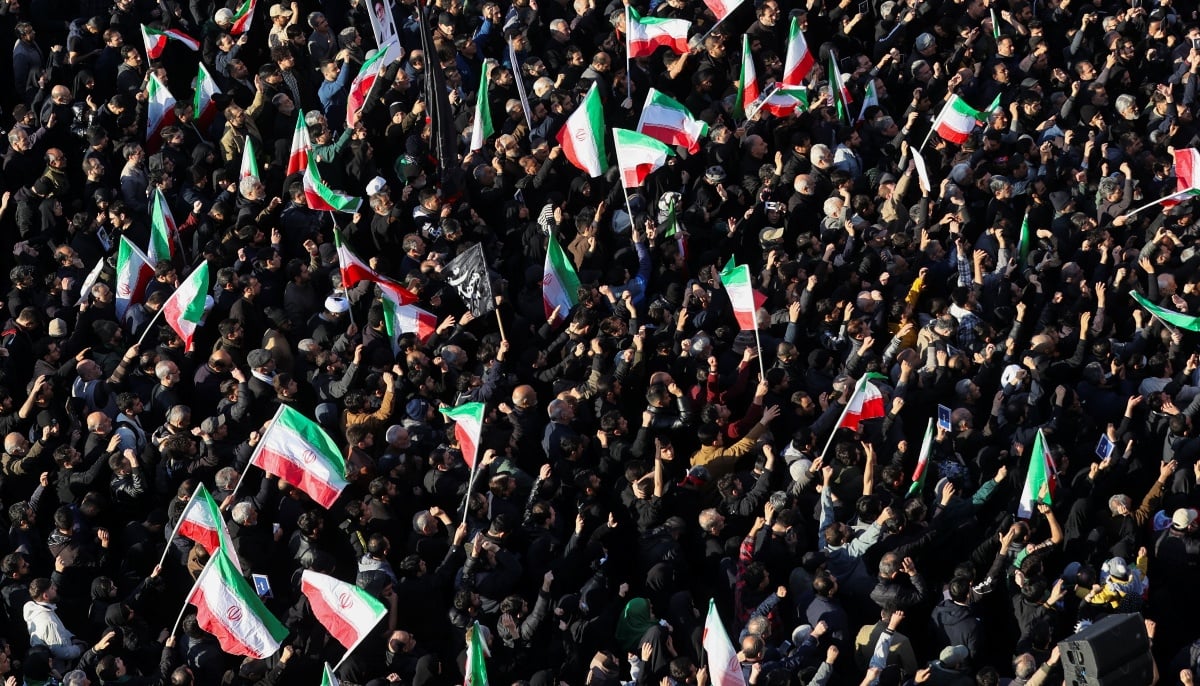
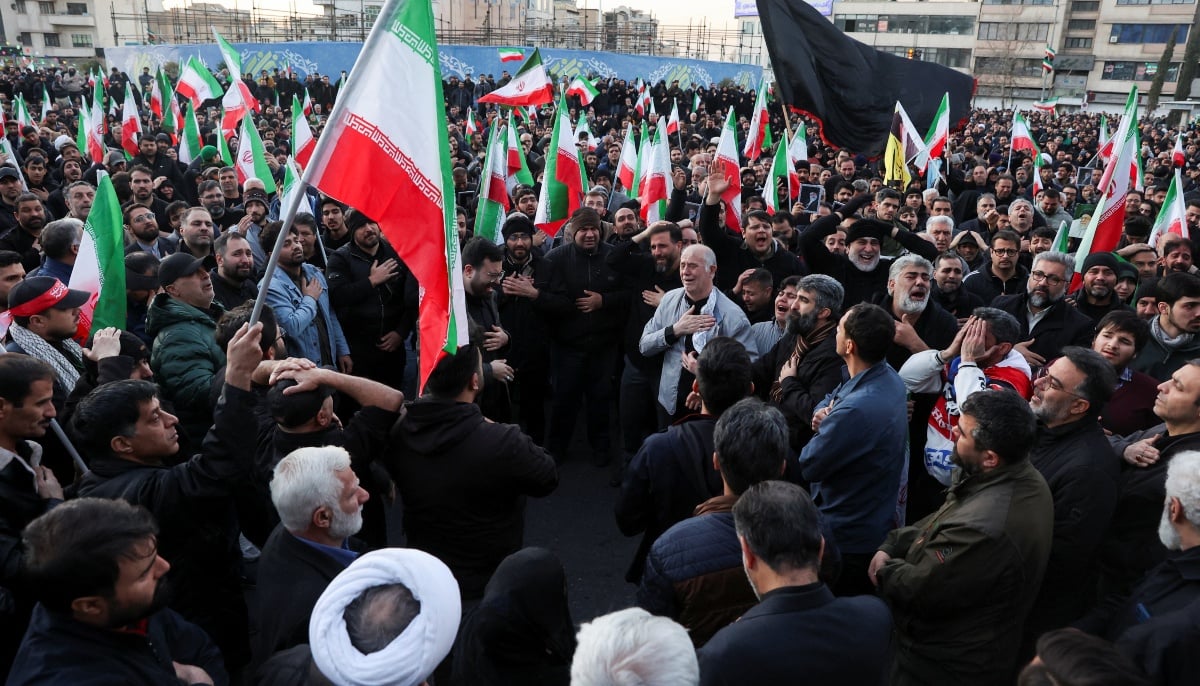
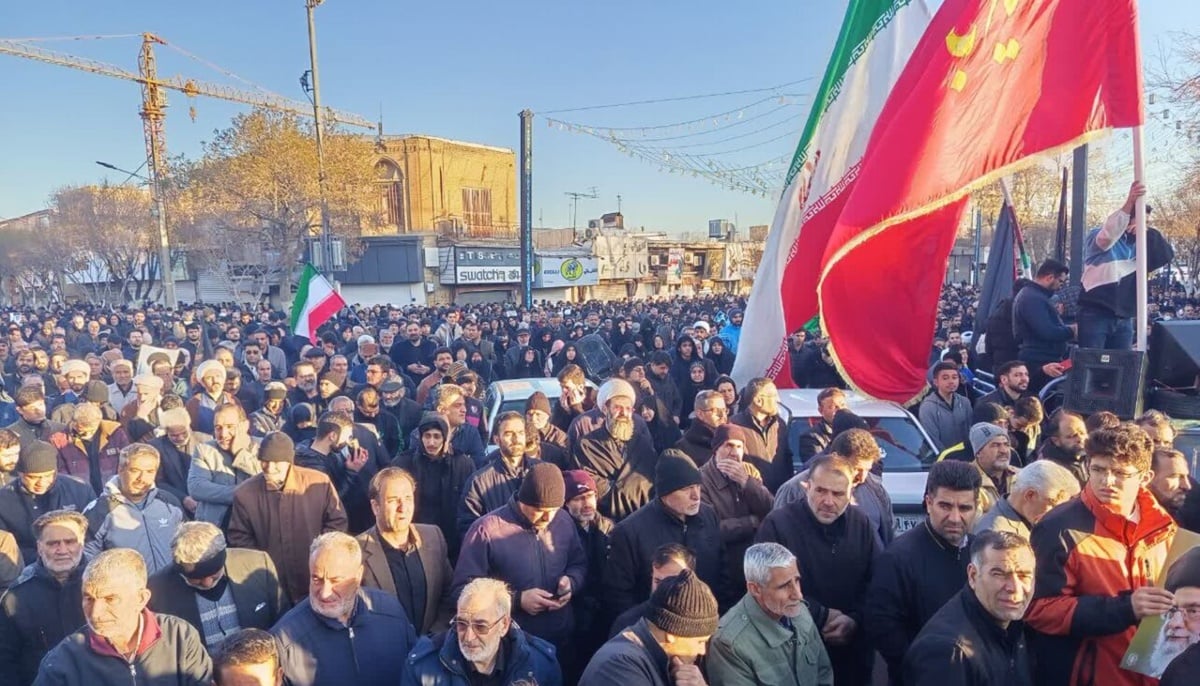
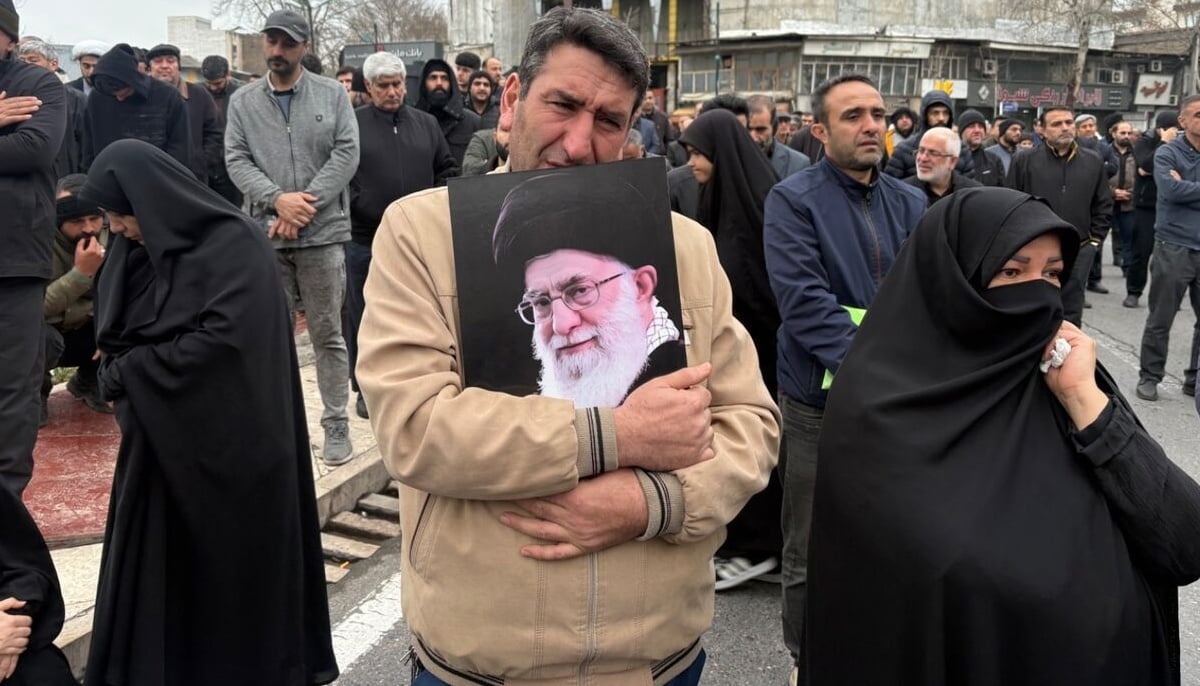
-

 Business1 week ago
Business1 week agoUS Top Court Blocks Trump’s Tariff Orders: Does It Mean Zero Duties For Indian Goods?
-

 Fashion1 week ago
Fashion1 week agoICE cotton ticks higher on crude oil rally
-

 Entertainment1 week ago
Entertainment1 week agoThe White Lotus” creator Mike White reflects on his time on “Survivor
-

 Business1 week ago
Business1 week agoEye-popping rise in one year: Betting on just gold and silver for long-term wealth creation? Think again! – The Times of India
-

 Politics1 week ago
Politics1 week agoPakistan carries out precision strikes on seven militant hideouts in Afghanistan
-

 Sports1 week ago
Sports1 week agoBrett Favre blasts NFL for no longer appealing to ‘true’ fans: ‘There’s been a slight shift’
-
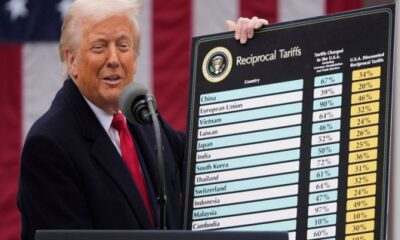
 Politics1 week ago
Politics1 week agoUS Supreme Court strikes down Trump’s trade tariff measures
-

 Entertainment1 week ago
Entertainment1 week agoSaturday Sessions: Say She She performs "Under the Sun"






